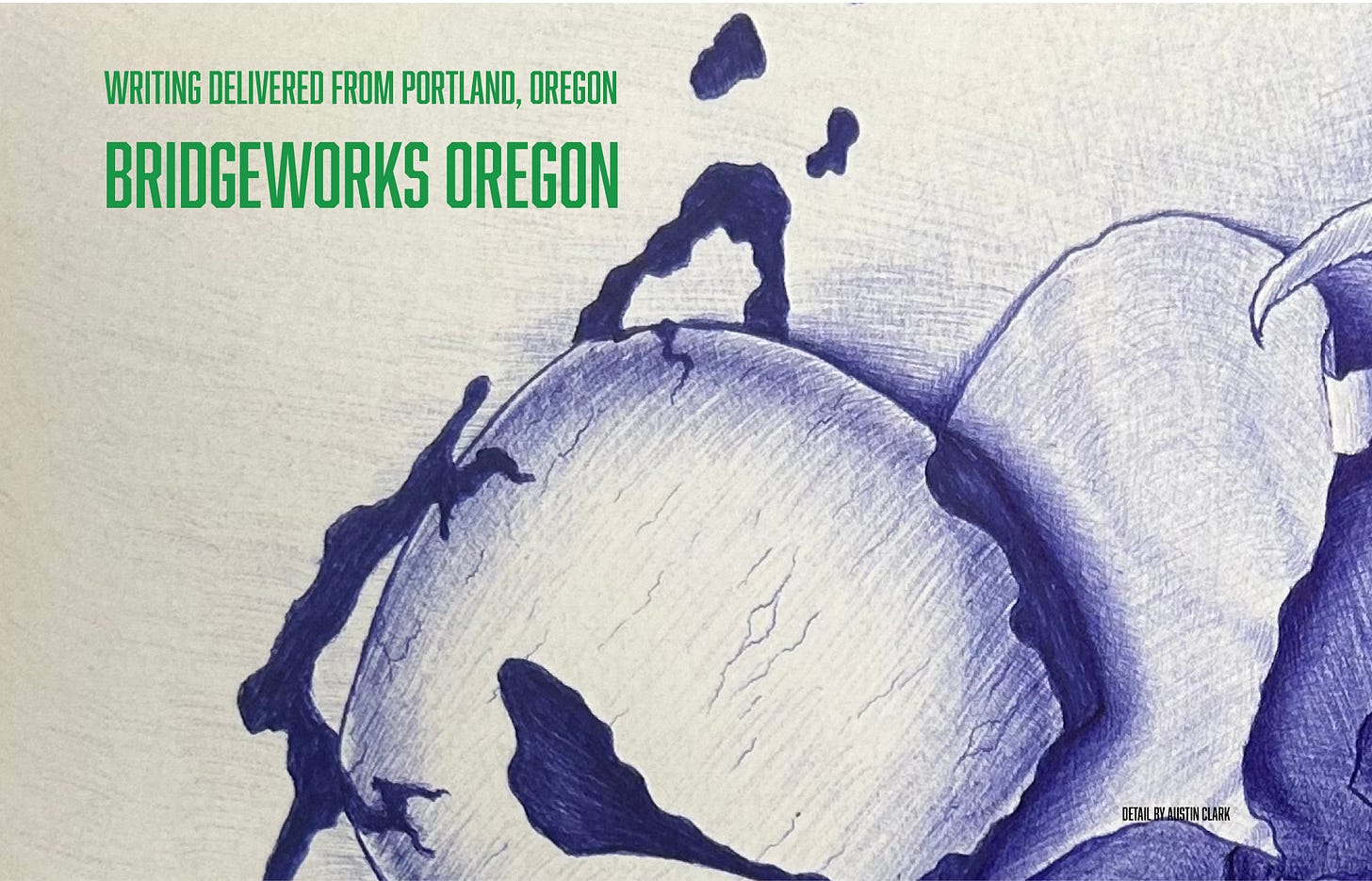The Creative Act: A Way of Being by Rick Rubin travels in and out of Oregon State Penitentiary with me on a transport memo. I like to have the book available for our writers to flip through when we are together. At home I read passages the way I consume a box of chocolates. Pick one (find the caramel), bite into it, and put the box away — to keep from gobbling all the chocolate all in one sitting.
We spent our workshop sessions in the fall writing about harvest and distilling the essence from our experiences. Now, we move into the winter months where our thoughts become dreams, as we sink into the dark and quiet. In his seed section, Rubin writes: “The seed that doesn’t get watered cannot reveal its ability to bear fruit. Collect many seed and then, over time, look back and see which ones resonate. Sometimes we’re too close to them to recognize their true potential, and other times the magical moment that inspires a seed into existence is bigger than the seed itself.” (Rubin, p. 145)
This passage was the starting point for a five-minute reflection during our workshop last Wednesday. We read from our scribbled pages and called out connections: cosmic spirit; potent potential; from ideas to weeds; covered in darkness that smelled of so many lifetimes. I collected the writings and will now hold them until spring. At that time, we will sort through these seed packets and see what takes hold. Savings seeds for another season is an optimistic act. Seeds are put aside to acknowledge the abundance of an earth that allows us to harvest plants and then replant them. It presumes that we have enough food to survive the winter. It takes into account future generations that need to plant and harvest year after year. Storage is the winter ritual that marks an end and prepares for a future.
By considering the perspective of future generations, we create meaningful navigation tools for moving through our time on earth. In Oh, Little One by Chris Ainsworth an elder looks down at its seedling, recalling all it has witnessed over tree time and wonders: What will you see? The tenderness in the poem’s title reminds me of how love travels dynamically in family lines: “Descendant of a cone from my cone. Your roots reaching down toward mine.” We love backward to our ancestors, we love forward to our descendants.
In Sharing This Dream Quentin Lee Harris envision his funeral which propels him into deep, thoughtful, and loving engagement in life: “I will no longer waste a single second on planet earth. Thoughts of my mortality will be my best friend in life. From now on its family over everything.” This immediacy, this fervor becomes a challenge to join him in building legacy. This is not the legacy of monuments, rather it is the discipline of living well, taking care, being a steward. “I hope you read these words and they inspire you to write the book of your powerful legacy with the pen of revolutionary action.” And of course, those revolutionary acts can be as simple as saving seeds.
I write this on the first night of Hanukkah, as families around the globe light candles to mark the end of a season with their blessings. As these prayers move into the air, I cast hope for a cease fire and pathways to peace. | TDS


